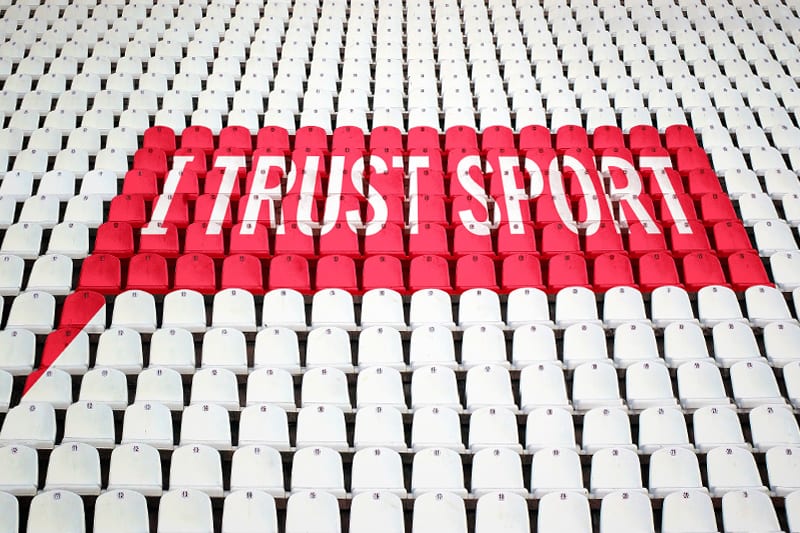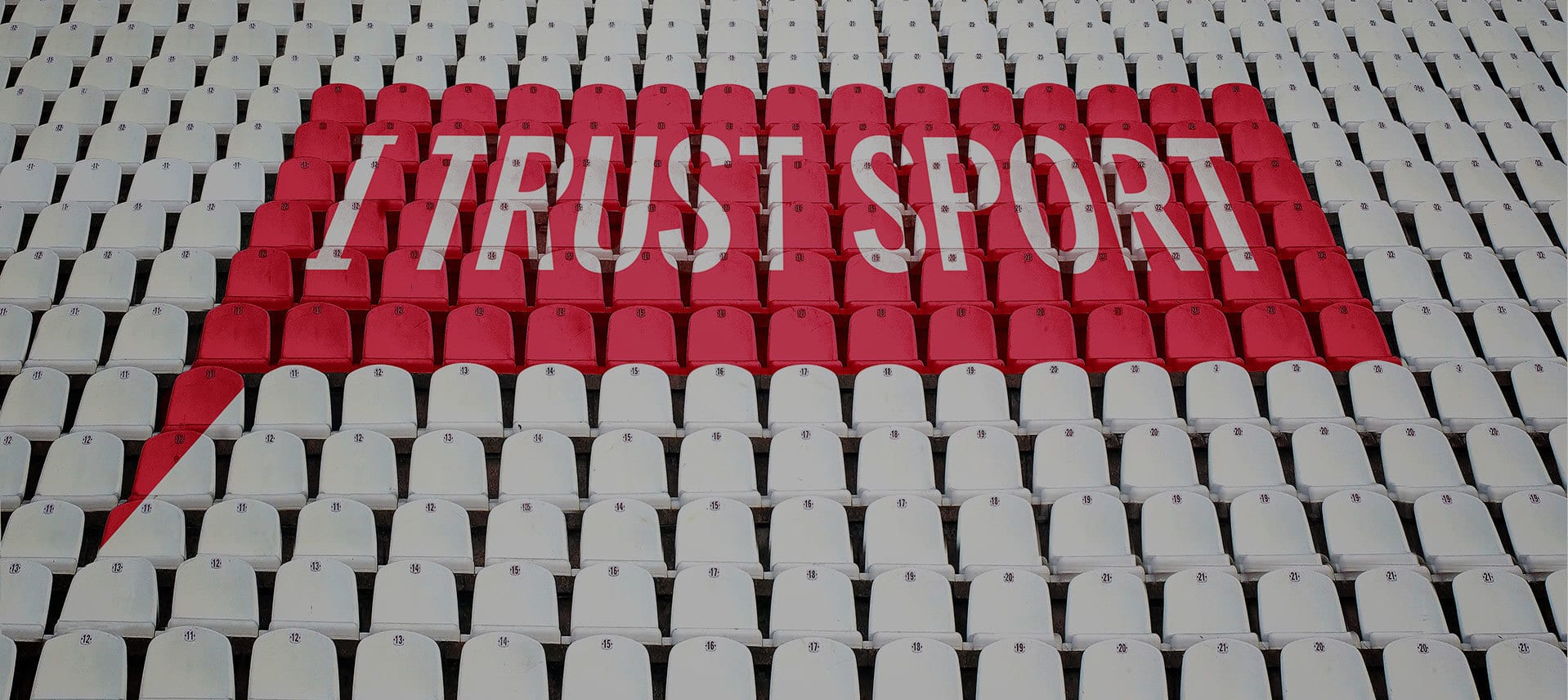Legal threats began within hours of the publication of stories about evidence of blood doping revealed by a huge leak of anti-doping data in athletics. Both the actions of the whistleblower and the response are part of an identifiable new trend in sport.
News broke on 1-2 August that a database of anti-doping test results from athletics was judged to show strong indications of blood doping by hundreds of athletes, including many medallists at major events (see the Sunday Times (£) or ARD).
As the story has developed, an official from the anti-doping authority in Russia has called for a lawsuit against the journalists who broke the story. Athletics Kenya also published a statement describing the report as “libellous” and referencing possible legal action.
The leak of IAAF anti-doping data is the latest of several dramatic, high profile actions by whistleblowers in sport (some prefer terms such as “truth tellers”), which are having far-reaching consequences for sports governance.
In June last year the Sunday Times reported on a large cache of leaked documents from the Asian Football Confederation. The fall-out is likely to continue for some time. As in the IAAF case, the journalists went to great lengths to protect the source.
In some other incidents the identity of the individuals concerned is known. For example Vitaly Stepanov, a former anti-doping official in Russia and his wife Yuliya provided evidence of doping which resulted in a German TV documentary in December.
The Danish-based organisation Play the Game has promoted the often forlorn cause of whistleblowers in sport for some years, including the distressing case of Mario Goijman.
Meanwhile, the latest episode in the Lance Armstrong saga is a legal case in which the U.S. government is suing on behalf of the U.S. Postal Service to try to recoup sponsorship money spent on the team. Perhaps uniquely in the history of sport, former cyclist Floyd Llandis could receive a share of total damages of up to an estimated $100m in his role as the whistleblower.
There is growing recognition of the need for individuals in sport to be able to report information on an anonymous basis. In April the International Olympic Committee launched an integrity and compliance hotline. A handful of similar services exist elsewhere in sport, particularly focused on match-fixing prevention. However, it’s difficult to know whether or not these hotlines are effective. So far, major media outlets seem to be preferred by sports insiders.
It’s only fair to acknowledge that the treatment of those who blow the whistle is often problematic beyond the sporting world too. For every story such as Michael Woodford, who eventually reached a settlement with former employer Olympus after uncovering fraud, there is another of an individual who lost their livelihood.
Complex issues are often involved: in the recent IAAF example, data which athletes could reasonably expect to be kept private has been published. Experience has shown that a very precise process has to be followed to make a doping ban enforceable in law. In addition, there is the highly political question of the possible reallocation of medals.
Looking ahead, it is inevitable that there will be more whistleblowers in sport. Their actions may uncover vital evidence of poor governance but at least some of them will suffer for acting on their conscience. We are some way away from a culture and regulatory system which will provide adequate protection.
As recent history in sport and beyond has shown, it is very hard to make data completely secure. The threat of the loss of private data – anything from a secure database to e-mails and text messages - may keep sports officials awake at night but it could also act as a deterrent against wrongdoing in some cases.


